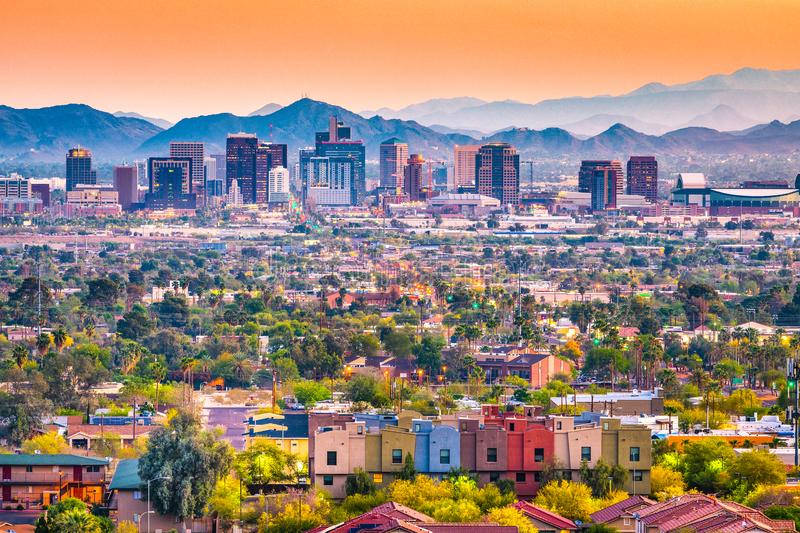
Last week I put my plastic, can and carton recycling wheelie bin out for collection for the last time. The Cities of Utrecht and Amsterdam have decided to let us put our plastic etc in the regular waste, rather than separating it and putting it into its own special bin.
This might sound strange, a backward step, but that is not the case. Over the last 2 years, the Utrecht City Council has conducted a study into plastic waste recycling and discovered something unexpected: they can improve recycling percentages mechanically.
The research found that when the population is asked to separate plastic, cans and cartons from their household waste, the recycling percentage sits at about 26%, but if the process is conducted mechanically on all household waste, this rises to 51%.
I should add at this point that paper, glass and organics will still be collected separately.
There is a huge plastic separation system currently in operation in Rotterdam, take a look at this video. It’s impressive, although it does depart from already home divided materials. And of note to me is that it is transported by boat.
The system uses magnets and infrared cameras to determine and separate the different types of materials, and appears to be so precise that it can be used with regular nondifferentiated waste as described in this video (in Dutch).
I would also like to add that here plastic bottles have a tax that is returnable in the supermarket. 25 cents is added to the price of your water or cola, and you take the bottle back to the supermarket and feed it into a machine (along with your glass). The machine prints you out a receipt and it comes off the shopping bill. As the photo at the top of this post shows, such an approach seems to work. Less bottles are left on the streets, and less are thrown away.
I first came across this idea in Norway more than a decade ago. Collecting bottles that tourists had thrown away in the city centres was a good source of income for the University students.
